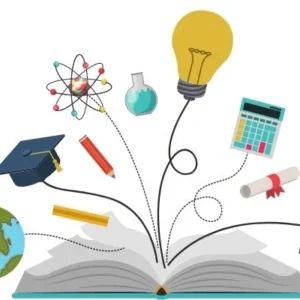Addressing the 195 Member States of the UN Conference on Trade and Development (UNCTAD) in Geneva, Secretary-General Rebeca Grynspan emphasized that 72 percent of global trade continues to operate under World Trade Organization (WTO) rules. She praised the international community’s commitment to maintaining a rules-based trading system, noting that such cooperation has prevented the kind of tariff escalations that devastated the global economy in the 1930s. Grynspan credited sustained multilateral dialogue and negotiation as key to keeping trade functional and stable despite current economic challenges.
Grynspan warned, however, that the world faces mounting threats from rising tariffs, heavy debt burdens, and growing mistrust among nations. She described the situation as a “debt and development crisis” in which countries are forced to choose between servicing their debt or investing in development. Tariffs imposed by major economies, including the United States, have surged this year from an average of 2.8 percent to over 20 percent, discouraging investment and stifling growth. She stressed that uncertainty itself acts as a hidden tariff, making it harder for trade to serve as a pathway to development.
The UNCTAD chief further highlighted that global investment flows are declining for the second consecutive year, undermining future growth prospects. The current investment landscape disproportionately benefits richer economies, with higher transaction costs in developing nations making investments significantly more expensive—up to three times costlier in Zambia compared to Zurich. Freight costs have also become increasingly volatile, with landlocked and small island developing states paying transport fees up to three times the global average.
While new technologies like artificial intelligence have the potential to add trillions of dollars to global GDP, most developing countries are ill-prepared to benefit. Fewer than one in three have national AI strategies, and 2.6 billion people—mostly women in developing nations—remain offline. This digital divide further widens the gap between developed and developing economies.
Echoing Grynspan’s concerns, UN General Assembly President Annalena Baerbock noted that developing countries collectively face a $31 trillion debt burden. Instead of funding education or healthcare, many governments are forced to channel scarce resources toward debt repayment. She warned that this unsustainable situation is eroding trust in the international financial system, as half of the global population has seen little or no increase in income for an entire generation despite the world economy exceeding $100 trillion in annual value.







